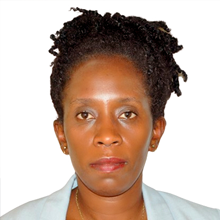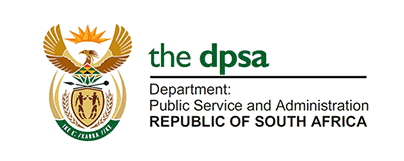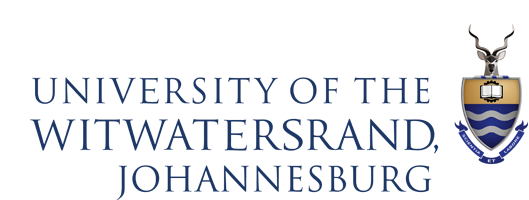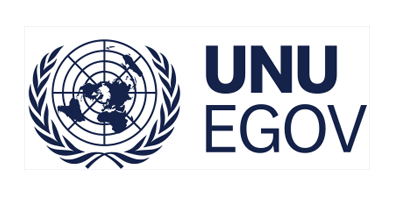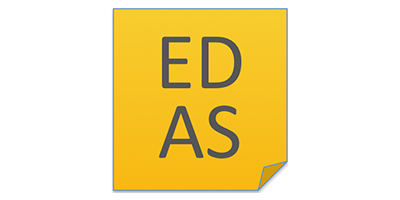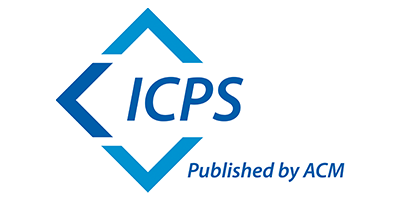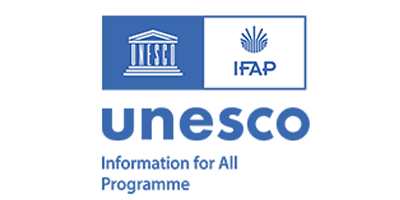▢ About
This Track creates space for dedicated conversations that focus on the unique challenges and opportunities faced by nations and actors in and of the Global South relating to digital transformation. Consideration in these contexts is often framed in terms of what is wrong or missing, and the list is long: issues of digital inclusion and access for marginalised populations; challenges in implementing effective basic e-government services, which is further deferred by the general lack of formal digital identities; lack of robust regulations and enforcement mechanisms for data governance, including inadequate data protection frameworks; digital literacy and skills gap in policy, administration, and also amongst populations; limited resources for implementing robust cybersecurity measures and responding to cyber incidents; inadequate regulatory frameworks leading ethical and governance concerns; limited preparedness and infrastructure for mainstreamed digital trade and e-commerce; digital geopolitics and digital sovereignty concerns; etc. However, there are also positive aspects and opportunities that may be considered, such as growing youthful populations; cultural diversities and indigenous knowledge systems that may be harnessed for creativity and innovation; digital leapfrogging opportunities, as has been seen in examples of the rapid uptake of mobile and fintech technologies; locational advantages such as natural resource endowments and renewable energy resources; South-South cooperation such as the BRICS which can lead to mutually beneficial partnerships and collective solutions to developmental challenges; and so forth. The Track invites innovative papers, theoretical or practical, that offer developmental, political economy, socio-technical, social justice, anthropological, decolonial, and other perspectives and analyses – including from the humanities, arts, and social sciences – on digital governance potentialities in the Global South.

